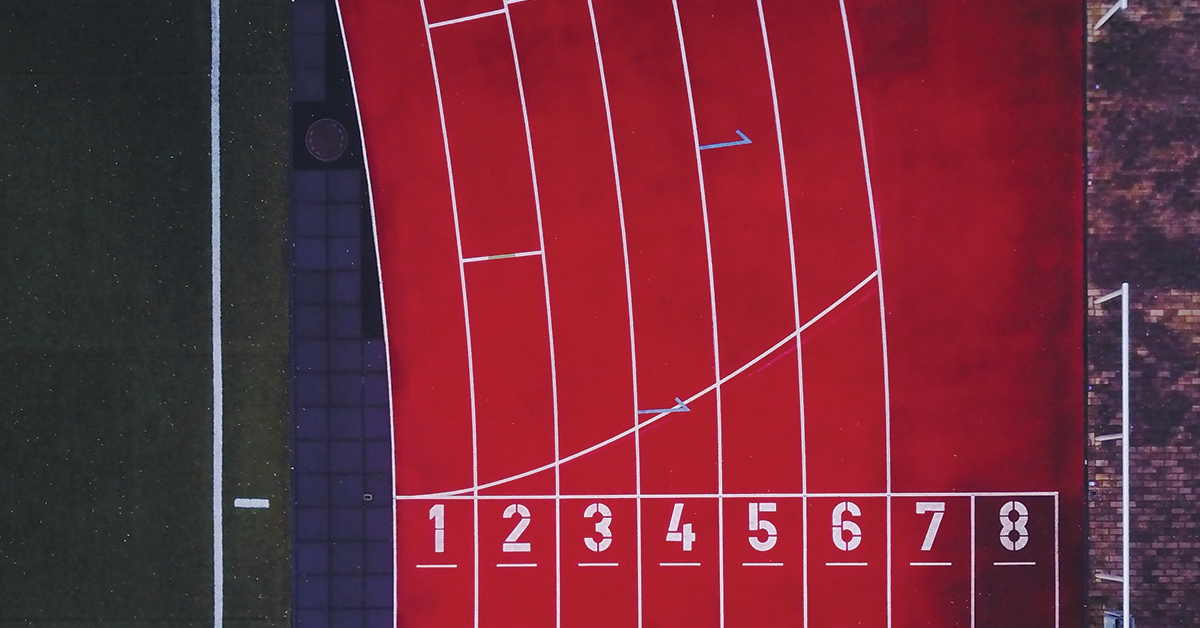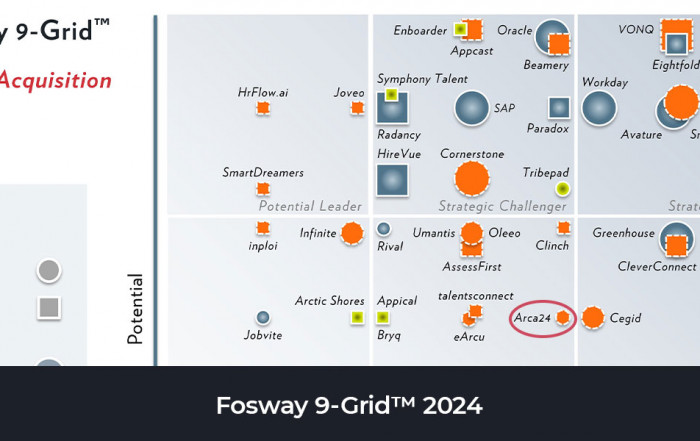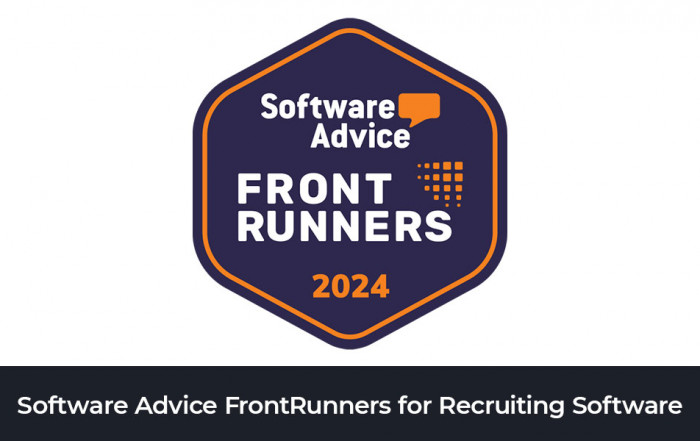
It is now clear that we will find ourselves working for long periods on shifts, switching between physical presence in the office and work outsourced to one’s home: smart working or teleworking.
In the new arising scenario, some work aspects that we considered to be already consolidated in our organizations are now risking to be questioned. In recent years, one of the main themes in the implementation plans of HCM (Human Capital Management) or Talent Management solutions is performance management.
What we are asking today is whether smart working will have an impact on the performance of employees, not so much in terms of quality – a subject on which an in-depth analysis will certainly be needed – but on the possibility of measuring it.
Performance management and evaluation
Evaluations are a subjective element: when they are parameterized on qualitative (and non-quantitative) aspects, the absence of a physical reference and the impossibility of living the everyday, risks to affect the bases of perception.
Let’s try to go into more detail. Typically, three macro areas of measurement are distinguished within a performance management plan:
- the targets to be reached, defined as objectives;
- technical skills with respect to an organizational role;
- expected behaviors (which can be associated with a specific role or independent).
In most cases, the detection of objectives – or quantitative metrics – is not damaged, even when working in smart working. A different discussion must be made for the possible deviation of skills required for a specific role.
The skills defined may no longer be current because the performance of the same roles today risks having completely different modalities. The sales techniques of a salesperson require different approaches if used during a physical appointment (from a prospect) or during a video call. Probably many of the technical skills need to be remodeled and redistributed.
Measuring performance becomes even more complicated if we talk about the deviation of expected behaviors from roles. Trivially, the way of interacting – both inside and outside the organization – is called for radical change. Taking the concept to the extreme, if in everyday work we are willing to accept a low sociality by some profiles, in a reality of smart working this type of behavior not only needs to be redefined, but probably can no longer be accepted, not even measured.
How can problem solving and leadership skills be verified during smart working?
The main problems encountered in a performance management process are:
- redefine the majority of targets, skills and behaviors according to the new organizational model;
- measure – especially expected behaviors – when personal relationships change radically./li>
While the first point is more practical in nature (new models need to be designed and implemented), measurement is more complicated; this is a case study that can be solved only with the adoption of continuous feedback systems (and 360-degree feedback): techniques that certainly reduce the problem, but that do not eliminate the issue of information reliability.
Fosway 9-Grid™ 2024: Arca24 reaffirms Core Challenger for Talent Acquisition
Fosway 9-Grid™ 2024: Arca24 reaffi [...]
Arca24 receives HR Tech award for best talent intelligence solution for third year in a row
Arca24 receives HR Tech award for [...]
Ngage earns Software Advice FrontRunners badge 2024
Ngage earns Software Advice FrontR [...]
Evaluation is by definition a judgment based both on concrete elements and on daily life; but if the latter is missing?
It is necessary to create a new working experience, a digital extension of daily physicality: redesigning traditional HCMs turning them into solutions that put people’s collaborative system at the center, regardless of their physical location (whether they are in the workplace or in smart working).
It will be a great challenge for everyone, nobody has definitive answers or well-established best practices to follow; it is sure that it will be necessary to start again as soon as possible with the use of collaborative software capable of facilitating interaction and sharing within organizations;
Fosway 9-Grid™ 2024: Arca24 reaffirms Core Challenger for Talent Acquisition
Fosway 9-Grid™ 2024: Arca24 reaffi [...]
Arca24 receives HR Tech award for best talent intelligence solution for third year in a row
Arca24 receives HR Tech award for [...]
Ngage earns Software Advice FrontRunners badge 2024
Ngage earns Software Advice FrontR [...]




